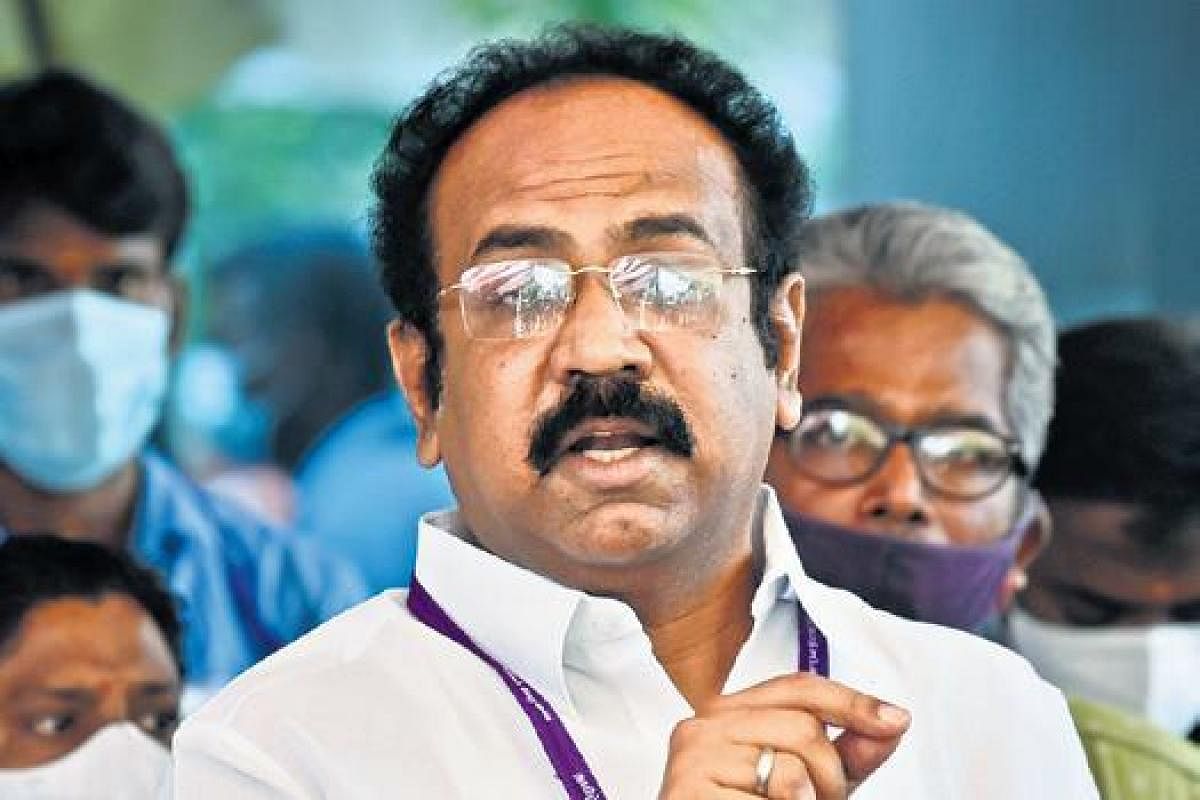Tamil Nadu Minister for Culture and Archaeology, Thangam Thenarasu has said that the state government will rope in oceanographers and archaeologists of international repute to conduct deep excavations at Korkai, the ancient port city of the erstwhile Pandyan empire.
This was after recent excavations at the port city unearthed several artefacts that revealed the business ties Korkai had with the Romans, Chinese and the Egyptians.
Advertisement
The archaeology department has already reached out to several oceanographers and archaeologists for a detailed and scientific study of Korkai as it has great significance in the study of the period of the Pandyan empire and the connections it had with other nations.
The artefacts that were unearthed in Korkai included items like drainage pipes, remains of old houses, baked tiles, conch bangles, iron coins, and pots. These excavations prove that Korkai and its surrounding areas had a rich culture, architecture and arts even during 785 BCE.
Thangam Thenarasu who had directly supervised the excavations at Korkai told IANS: “Korkai is believed to be the ancient port city of the Pandyan empire and the excavations conducted till now have unearthed several items which show glimpses of the culture and heritage associated with Korkai town as well as the international business connections it had with Romans, Chinese and Egyptians.”
He said that the state government will be bringing in oceanographers and archaeologists of repute to determine the exact period of the Pandyans as well as the connection Korkai had with other countries.
The state government is also planning an onsite museum at Korkai to display the artefacts and the heritage materials excavated from the place. Korkai is even mentioned in ancient Sangam literature as well as classical Western literature with Greek mathematician, musician, traveller and astrologer Ptolemy writing about it in Greek literature, stating that it was known as Kolkhai.
The finds of the remains of black and red pottery with old Tamil Brahmi scripts (two to four letters in a line or two) and drawn images of the sun, fish, bow and arrow are estimated to be from the period between the 3rd century BC and 2nd century AD.
Interestingly, satellite imagery from around Korkai has found that the Tamiraparani river has shifted course progressively east and south while earlier it had mixed with the sea at Thoothukudi. Geologists who interpreted the satellite imagery indicated that in the 1st and 2nd century CE, the Tamiraparani river might have flown northeast from Eral and joined the sea at Thoothukudi.
Western writers such as Pliny the Elder (1st century CE), Strabo, and Ptolemy had said that Korkai was well known for pearl fishery. Archaeologists also testify that the main exports from Korkai were pearls, spices, ivory, and shells. The imports included horses, gold, glass, and wine.
R. Padmanabhan, Director of the Socio-Economic Development Foundation, a think tank based out of Madurai, told IANS: “Several archaeologists and writers including in Sangam literature, as well as western classical writers, have stated that Korkai was the port city of the ancient Pandyan empire. The government has already said that it would bring noted oceanographers as well as archaeologists to determine the materials excavated at Korkai. The Tamiraparani river and the culture associated with it have been sung as ballads in Tamil music and written extensively in Tamil literature. The government announcement of an open museum at Korkai is a welcome move.”









